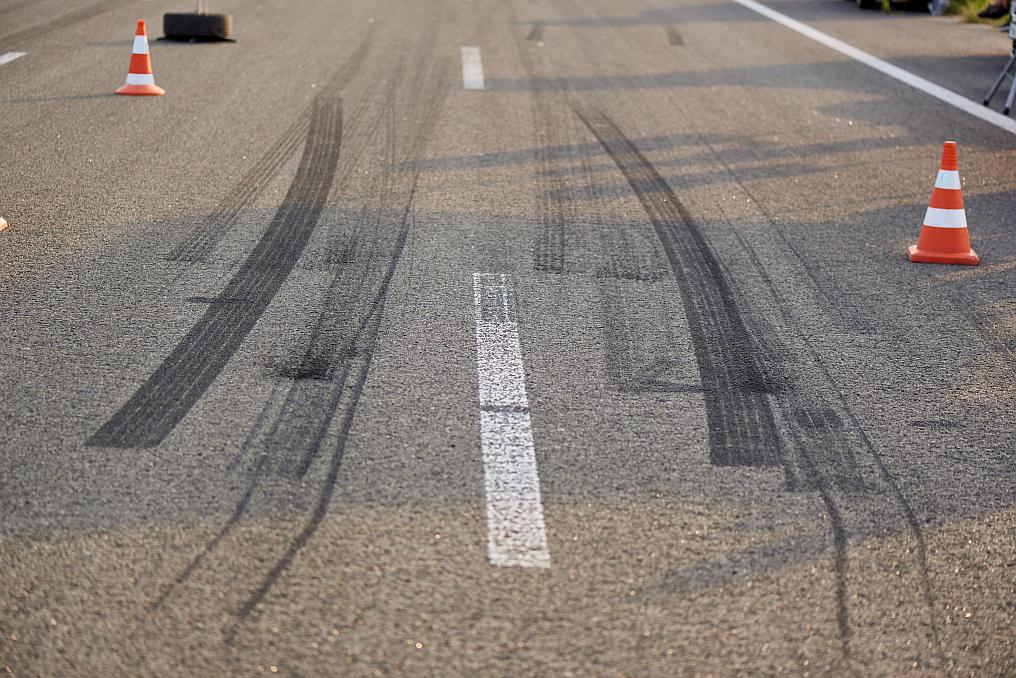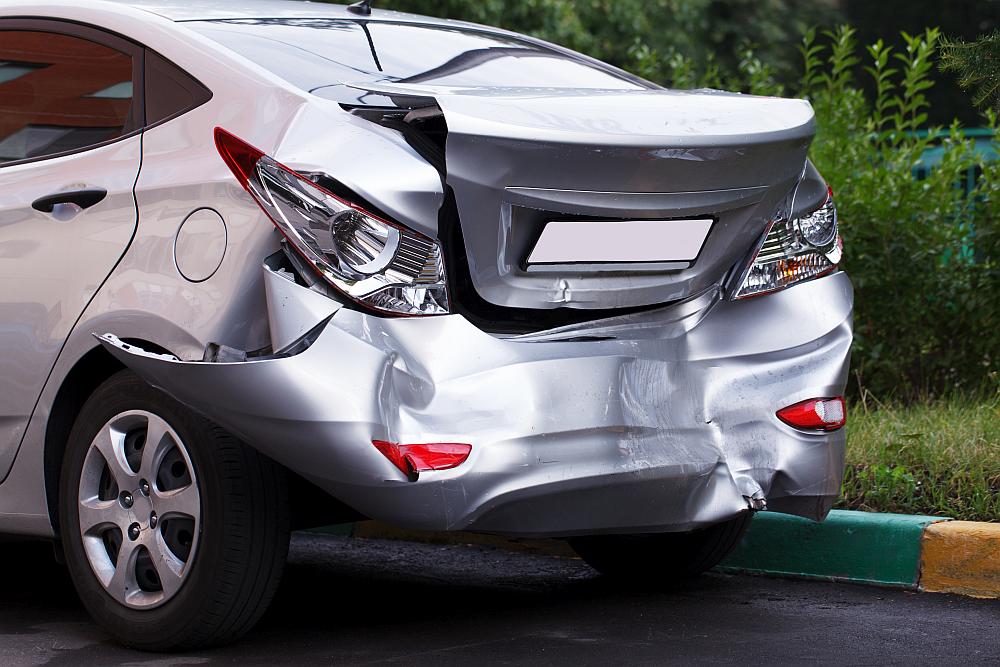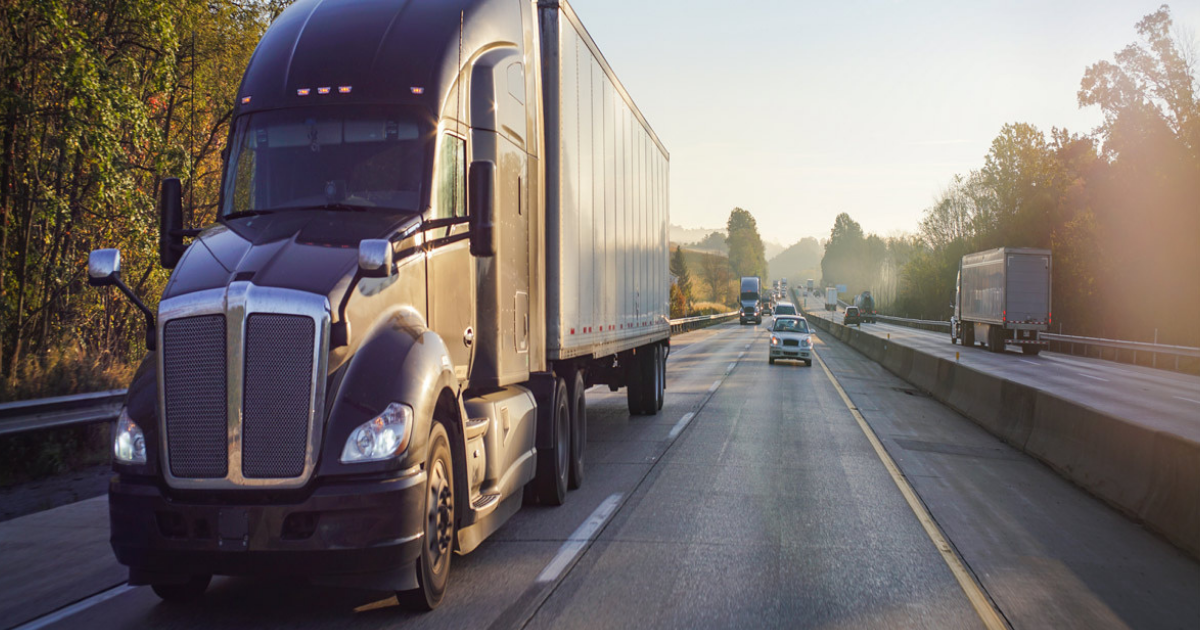According to the National Transportation Safety Board, approximately 33,000 tire-related car accidents occur each year, and over 2,000 of those are caused by sidewall blowouts. If a tire blowout occurs on a busy highway when a car or truck is traveling at a high speed, the driver can lose control of the vehicle and cause a devastating accident. Fortunately, these accidents are preventable if motorists maintain their vehicles and ensure that their tires are properly inflated. This is particularly important during the summer months when the warmer temperatures cause the air inside the tires to expand. In addition, more motorists are taking long road trips in heavily loaded vehicles, which can put even more pressure on tires that have not been properly maintained. If a motorist sustains a catastrophic injury in a tire blowout accident, an experienced lawyer will thoroughly review the details of the case and recommend the best legal course of action.
According to the National Highway Traffic Safety Administration (NHTSA), a tire blowout occurs when a tire loses pressure rapidly, causing the motorist to lose control of the vehicle. Oftentimes, the motorist will hear a loud popping sound, followed by the sound of the flat or torn tire as it hits the road. Tire blowouts are most prevalent from May to October, so motorists are strongly urged to have their vehicles inspected each spring to ensure that the tires have been properly maintained, and that any necessary repairs are made.
A tire blowout can, and often does, happen when the motorist least expects it. However, there are a range of factors that can increase the risk of a tire blowout. The following are examples of some of the most common causes of tire blowout accidents, many of which are preventable:
Depending on where the tire blowout occurred and the speed at which the vehicles were traveling, a tire blowout accident can cause injuries ranging from relatively minor to quite severe, and even fatal. The following are examples of injuries that can occur in a tire blowout accident:
Tire blowouts are dangerous because they happen so suddenly, and it can be very difficult for a motorist to maintain control of the vehicle. However, it is possible to handle a blowout safely and avoid getting into a devastating accident. The NHTSA offers the following safety tips:
There are a number of parties who may be held liable for a car accident caused by a tire blowout. For example, if the motorist whose tire blew out failed to properly maintain their vehicle and was driving on tires that were clearly worn, they may be held liable for the other motorist’s injuries. If a blowout accident was caused by a commercial truck that was overloaded with cargo, the loading company may be responsible for the accident and the injuries it caused. The company responsible for maintaining the vehicle’s tires may also be held liable if the company failed to notice a problem with the tire pressure and did not inflate the tire to the correct pressure. An experienced catastrophic injury lawyer will conduct a thorough investigation to determine the exact cause of the accident and who is liable for the resulting injuries.
Most tire blowout accidents can be prevented if motorists keep the following safety tips in mind:
If you or a loved one was seriously injured in a car accident caused by a tire blowout, you are urged to contact the Los Angeles catastrophic injury lawyers at ACTS LAW. These accidents can be very traumatic, particularly if the accident occurred on a busy highway where cars and trucks are traveling at a high speed. Our dedicated legal team will thoroughly investigate the details of the accident and determine whether negligence was involved. We will assist you with every step of the claims process and secure the financial compensation you deserve for your injuries. To schedule a free, confidential consultation, call us today at 833-228-7529 or contact us online. With offices located in Los Angeles and San Diego, we serve clients throughout southern California.

Truck accidents can have devastating consequences, leading to severe injuries or even fatalities. While car accidents are more common, crashes involving large trucks pose a higher risk of harm. This a...

Vehicular accidents can have life-altering consequences, causing severe injuries and significant financial burdens for those involved. Whether it's an automobile, truck, motorcycle, car, bus, or train...

When a passenger vehicle is involved in an accident with a large commercial truck, it is rarely a minor fender bender. Due to the massive size and weight of the average commercial vehicle, truck accid...